Greater Manchester Clean Air Zone plan to be reviewed
- Published
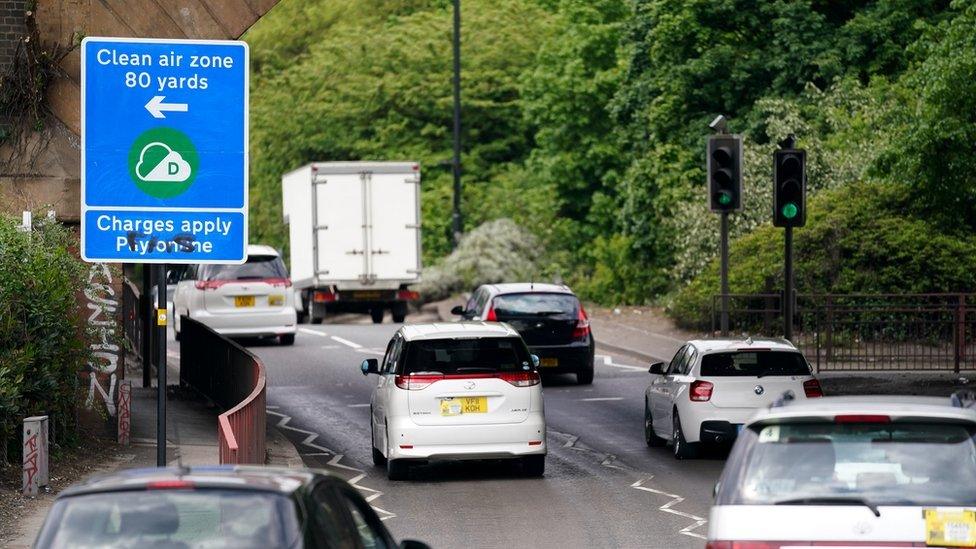
Clean Air Zones have already been introduced in Birmingham and Bath
Plans to charge high-emission vehicles to drive across Greater Manchester will be reviewed due to concerns raised about the impact on businesses, the region's mayor has said.
From 30 May, some vehicles could be charged between £7.50 and £60 daily under the current Clean Air Zone plan, external.
Andy Burnham said the government "needs to do more" to support businesses who had also been affected by the pandemic.
The BBC has contacted the Department for Transport for a response.
The government has been calling on regional authorities to introduce Clean Air Zones (CAZ) after the UK's highest court, the Supreme Court, ordered ministers in 2015 to take immediate action to cut air pollution.
CAZs are designed to encourage people to drive less-polluting vehicles, including those powered by electric, and more modern petrol and diesels.
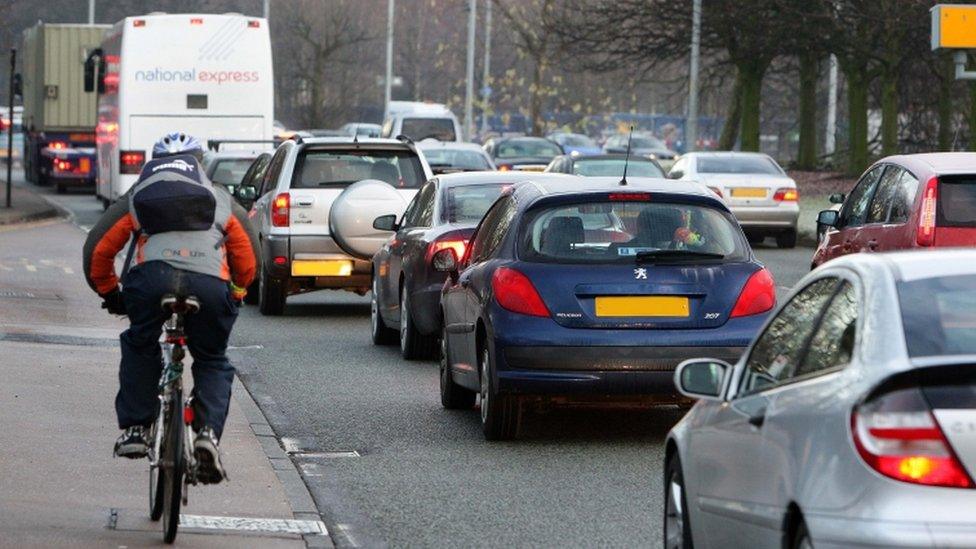
The CAZ is due to be introduced in May in Greater Manchester
Greater Manchester Combined Authority (GMCA) said it has been told to "achieve compliance with legal standards by 2024 at the latest".
Coaches, vans, buses, taxis, private-hire vehicles and lorries would be charged under the current CAZ plan but private cars are not included.
Mr Burnham told BBC Radio Manchester: "I think we should do this [CAZ plan] if - and it's a big if - it's fully-funded and it's fair to people."
The government has provided £120m to help eligible drivers in Greater Manchester, including small businesses, the voluntary sector and HGV owners, switch to compliant vehicles.
'Suffer badly'
Mr Burnham said the government had "failed to agree to a request for additional support for those who will find it hardest to make the change", including people with the oldest vehicles, such as sole traders and the self-employed.
"We have to review the situation that we are in and go back to the government and say you need to do more here, because these businesses have struggled during the pandemic," he said.
Mahmood Akhbar, from the Private Hire Association in Bolton, said: "There are 18,000 taxi drivers in Greater Manchester and we are going to suffer badly."
He expressed concern that some will leave the trade, adding that "pretty soon, if this policy goes through, there will be a shortage of taxi drivers".
The GMCA said supply chain issues in the automotive sector, where production has been hit by a shortage of microchips, were affecting people's ability to get compliant vehicles.
"Over the past few months, Greater Manchester has continued to monitor these issues alongside the ongoing impact of the pandemic and increases in the cost of living.
"We are listening carefully to concerns being expressed about the current situation and will make a decision shortly on our next steps," it said.

Why not follow BBC North West on Facebook, external, Twitter, external and Instagram, external? You can also send story ideas to northwest.newsonline@bbc.co.uk, external
Related topics
- Published12 April 2019
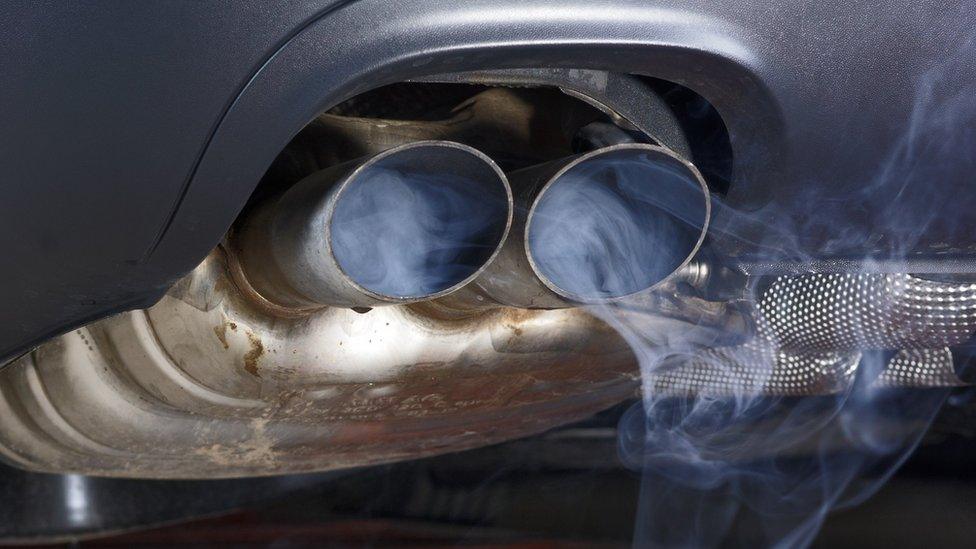
- Published14 June 2021
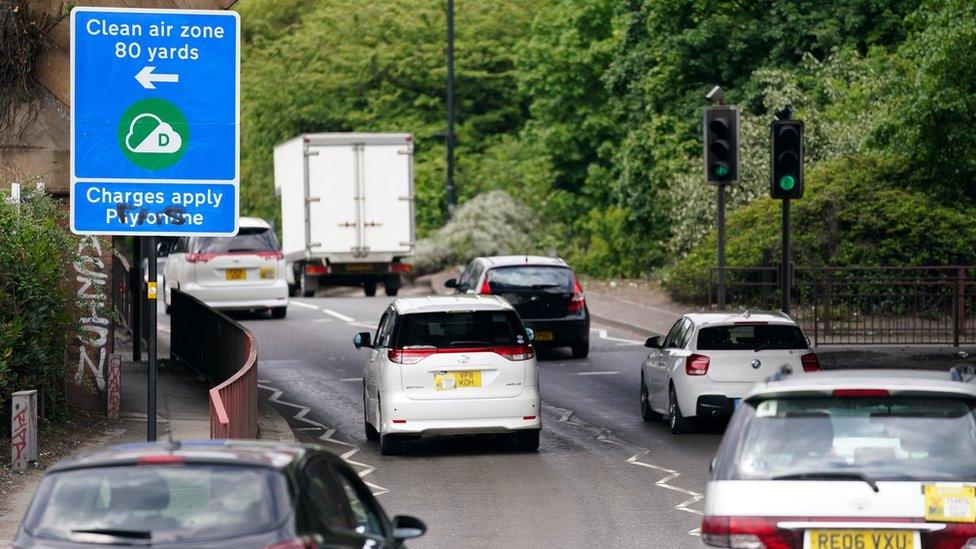
- Published19 March 2021
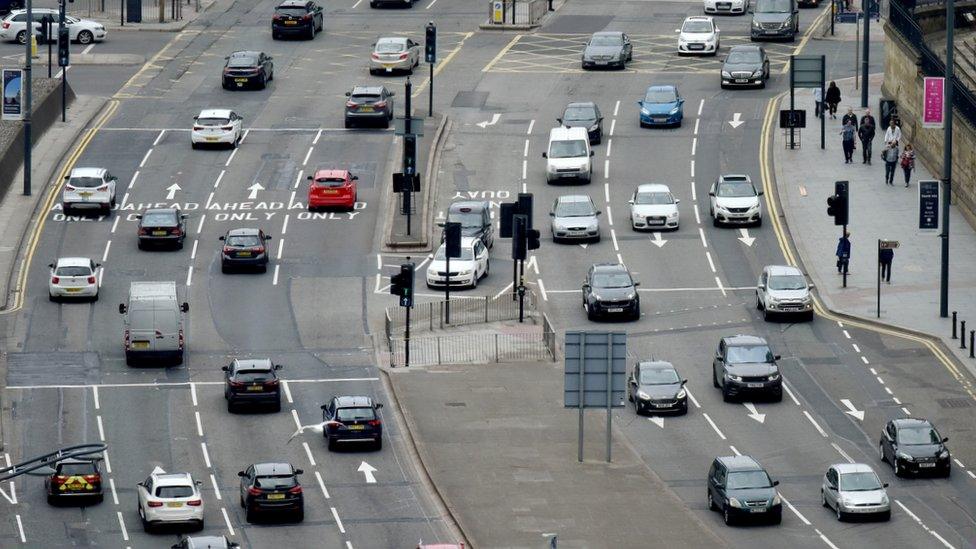
- Published24 December 2020
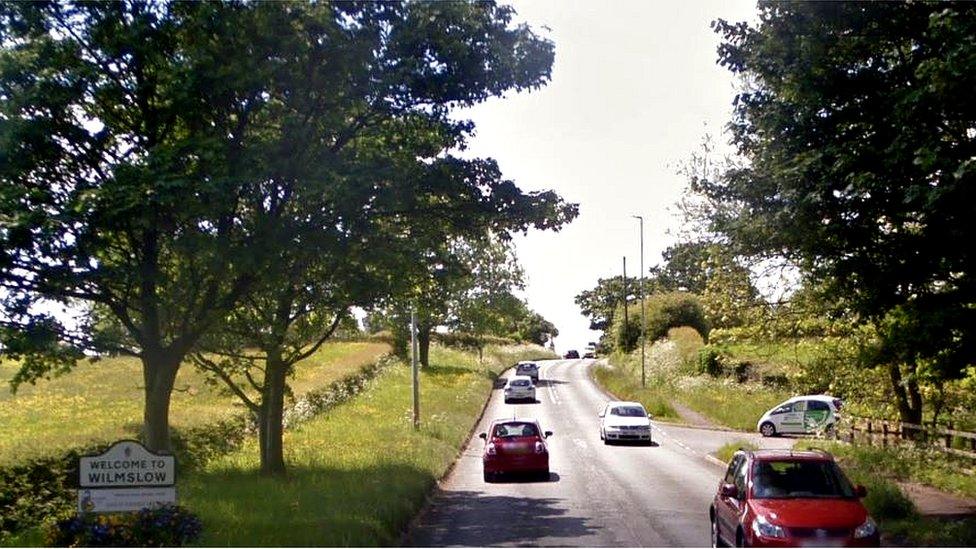
- Published16 July 2019
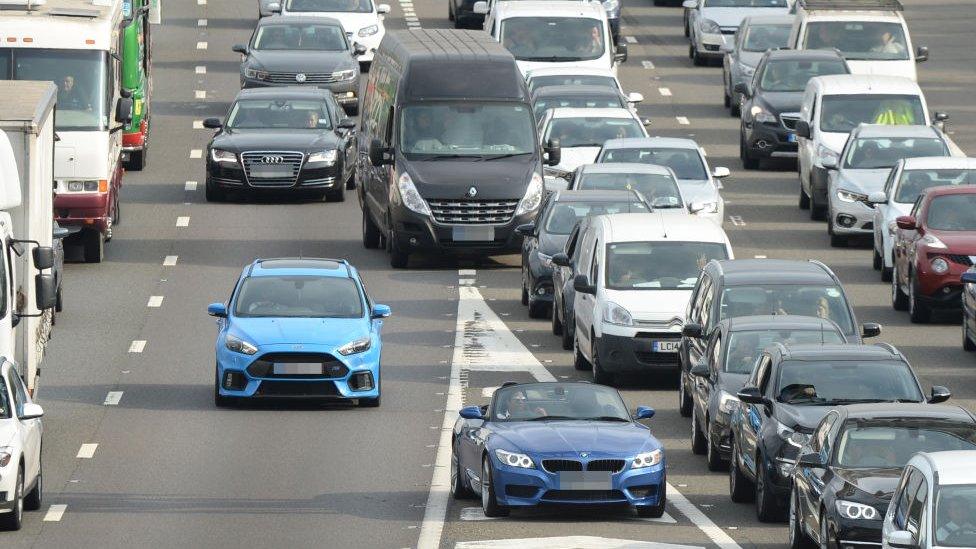
- Published1 March 2019
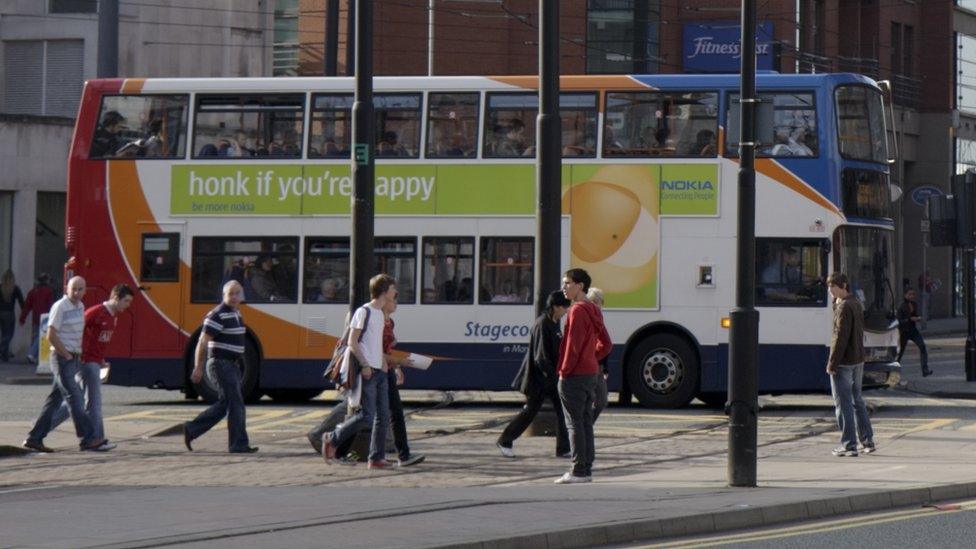
- Published26 February 2019
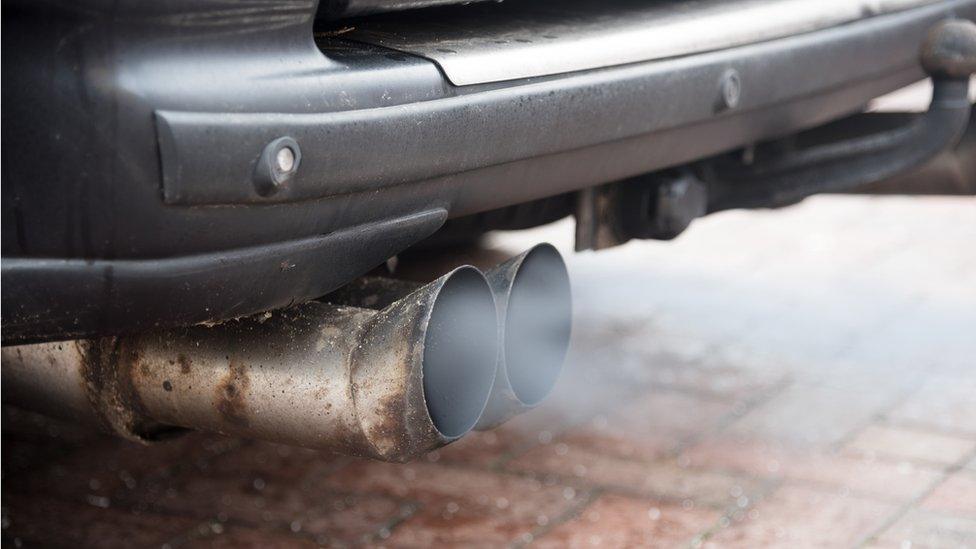
- Published8 September 2018
